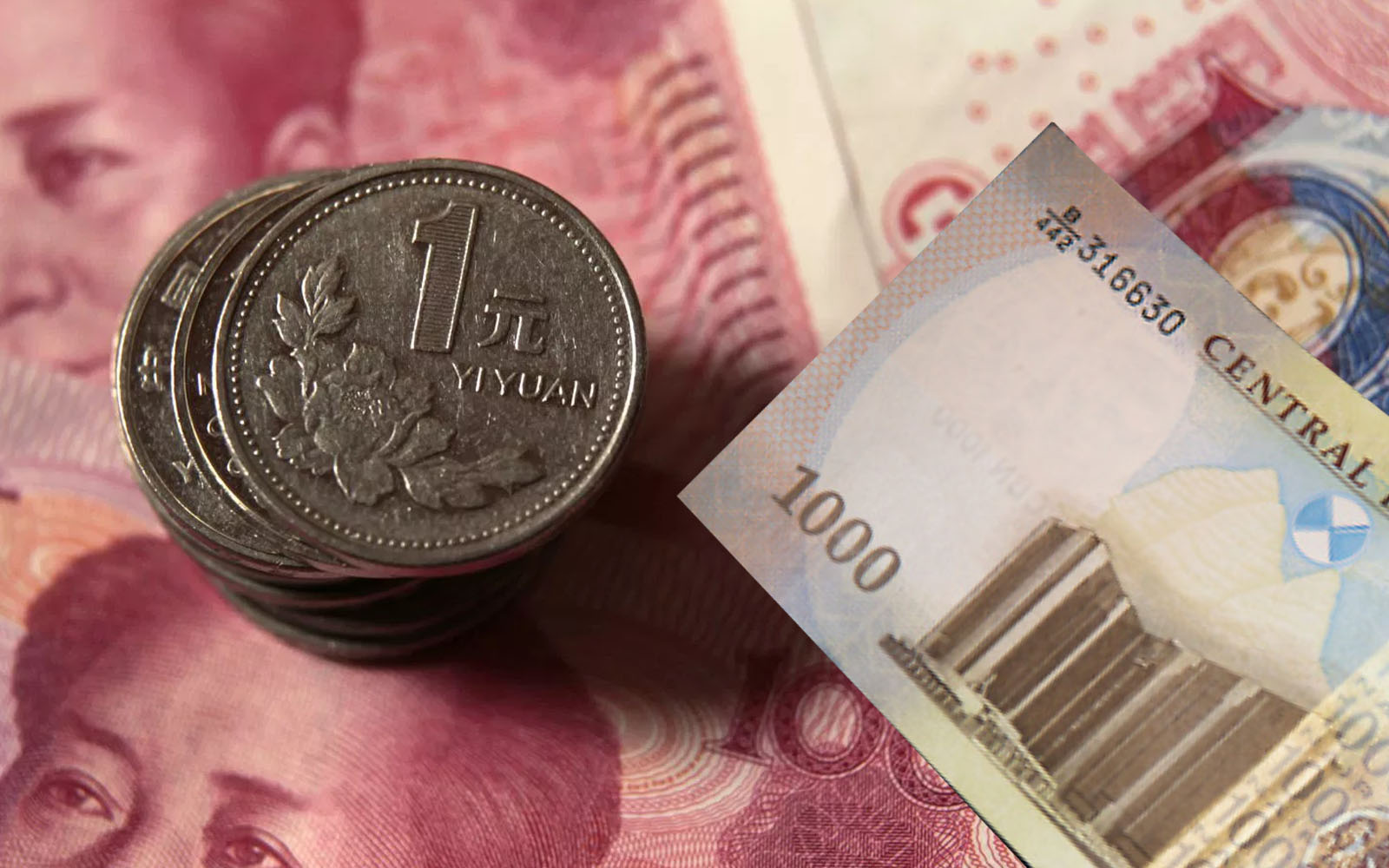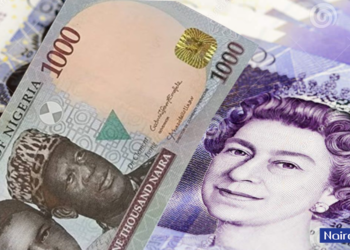The Central Bank of Nigeria (CBN) has started the trading of Yuan for the first time after the country secured a Naira-Yuan currency swap deal. Isaac Okorafor, Spokesman for the CBN, announced the transaction, adding that the apex bank’s Governor, Godwin Emefiele, on Friday, granted approval for the auction to take place.
CBN was said to have asked commercial banks to bid for renminbi between 9:00 a.m on Friday to Midday. The results, are however, expected to be out by Monday.
The Asian country and Nigeria signed a Naira-Yuan currency deal equivalent to $2.4 billion in May, 2018. The agreement was reached following a meeting between President Muhammadu Buhari and Chinese President Xi Jinping.
On the currency auction, Emefiele had said the deal which is programmed to last for three years, would help increase trade and reduce pressure on the Naira-Dollar exchange rate by weaning Nigerian importers off the greenback.
How does the swap work?
The two banks will exchange their respective currencies. The CBN will then sell Yuan to commercial banks. They, in turn, will sell to individuals and businesses. At the end of the agreement, both banks will return the initial amounts taken.
Read an extended explanation of the Nigeria/China Swap Deal
Who benefits from this?
Nigerian businessmen importing goods from China can now get direct access to Yuan rather converting to dollars.
Data from the Nigerian Bureau of Statistics (NBS) Foreign Trade Report for Q4 2017 shows China was the country’s largest import partner, accounting for 22% or ₦465.13 billion of all imports.
The Chinese Civil Engineering Construction Company (CCECC) is currently handling several major infrastructure projects in the country including the Lagos Ibadan railway line and the Mambilla hydroelectric project.
For the CBN, the move will reduce pressure on the nation’s foreign reserves. Nigeria imports a huge proportion of both finished goods and raw materials.
China has increasingly taken steps to position the Yuan as a reserve currency. A reserve currency is a currency widely used in international trade that a central bank holds as part of its foreign reserves. The US dollar is the major reserve currency in the world.
However, the Naira-Yuan currency swap deal, would not cover the importation of 41 items listed as banned items in CBN’s 2015 circular.
In the last two decades, bilateral trade between Nigeria and China has grown rapidly, rising from $2.8 billion in 2005 to $14.9 billion in 2015, which is a 430% increase.
In 2015, Nigeria accounted for nearly 8.3% of the total trade volume between China and Africa.
China is Nigeria’s trading partner after the United States, with volumes totaling $9.2 billion in 2017.














.gif)






